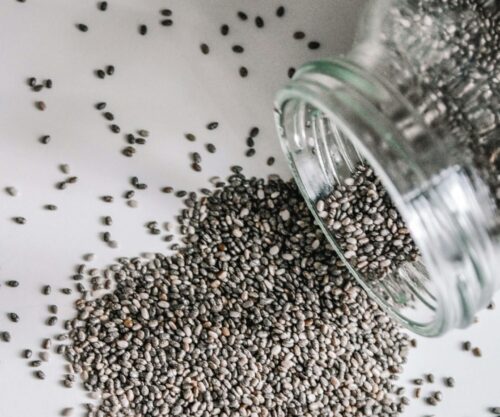
We’ve all experienced it at some point—waking up in the middle of the night, drenched in sweat, and wondering what on earth just happened.
Night sweats, while uncomfortable and sometimes alarming, are a relatively common phenomenon. But why do we sweat so much at night? Is it simply a matter of an overactive thermostat, or is there more to this nocturnal perspiration?
Let’s dive into the science and uncover the reasons behind this puzzling occurrence.
Body Temperature Regulation:
According to the National Institutes of Health, our bodies have an intricate temperature regulation system, aiming to keep our core temperature within a narrow range. During the day, various factors like physical activity and external temperature fluctuations help maintain this balance. However, at night, our metabolism naturally slows down, which can sometimes lead to a slight drop in body temperature. In response, the brain may trigger sweating as a way to release excess heat and prevent our bodies from becoming too cold.
Hormonal Changes:
Hormones play a significant role in influencing our body’s functions, and they also have a role in causing night sweats. For instance, women experiencing menopause often encounter hormonal fluctuations that can lead to hot flashes and night sweats. Cleveland Clinic states that these fluctuations affect the hypothalamus, the region of the brain that controls temperature regulation. Similarly, certain medical conditions like hyperthyroidism or diabetes can disrupt hormonal balance and result in excessive sweating, even at night.
Infections and Illnesses:
According to Mayo Clinic, night sweats can also be a symptom of an underlying infection or illness. Conditions like tuberculosis, bacterial or viral infections, and even certain types of cancer can trigger night sweats as the body fights off these invaders. The immune response generates heat and activates the sweat glands as a way to cool down, contributing to the phenomenon of nighttime perspiration.
Stress and Anxiety:
Psych Central states that emotional stress and anxiety can stimulate the body’s “fight or flight” response, releasing stress hormones like adrenaline. This can elevate your heart rate and increase body temperature, resulting in sweating, even during sleep. Stress-induced night sweats can create a cycle, as waking up drenched in sweat can, in turn, trigger anxiety about the sweating itself.
Also see: 10 Habits of people who stay fit effortlessly




